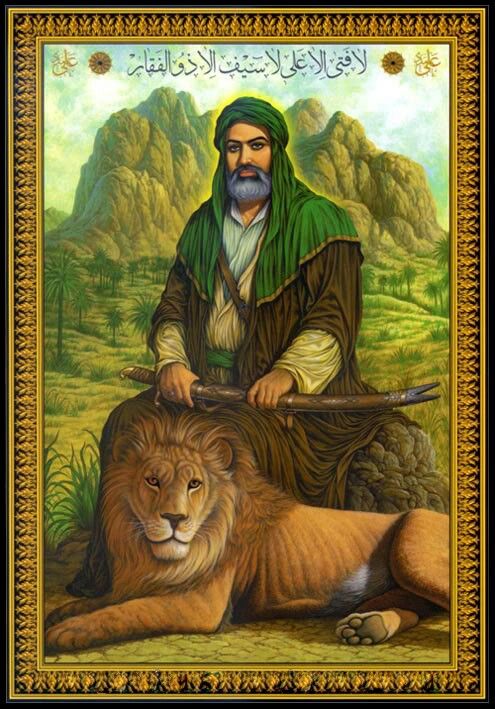I first read this when I was 15, and while a lot of my beliefs and practices and even self-image have changed since then, it is still one of the central ideas upon which I base my life:
The practice of magic also demands the development of what is called the magical will. Will is very much akin to what Victorian schoolmasters called "character": honesty, self-discipline, commitment, and conviction. Those who would practice magic must be scrupulously honest in their personal lives. In one sense, magic works on the principle that "it is so because I say it is so." A bag of herbs acquires the power to heal because I say it does. For my word to take on such force, I must be deeply and completely convinced that it is identified with truth as I know it. If I habitually lie to my lovers, steal from my boss, pilfer from supermarkets, or simply renege on my promises, I cannot have that conviction. Unless I have enough personal power to keep commitments in my daily life, I will be unable to wield magical power.
To work magic, I need a basic belief in my ability to do things and cause things to happen. That belief is generated and sustained by my daily actions. If I say I will finish a report by Thursday and I do so, I have strengthened my knowledge that I am a person who can do what I say I will do. If I let the report go until a week from next Monday, I have undermined that belief. Of course, life is full of mistakes and ,miscalculations. But to a person who practices honesty and keeps commitments, "As I will, so mote it be" is not just a pretty phrase; it is a statement of fact.
I've heard the saying elsewhere as "the will of a Witch should be as cast iron" - I thought it was in Starhawk, but maybe I got it from Terry Pratchett, lol. Anyway, the parallels are extremely striking between this incredibly clear statement of Wiccan belief, showing obvious lines of descent from Crowley, and Hazrat-e-pir Dr Javad Nurbakhsh's description of what is called in various languages futuwwa, javanmardi and chivalry as a fundamental aspect of the Sufi traditions of Iran and Central Asia. None of these translations of the concept seem entirely appropriate for my liking: the first two literally mean "young-manliness", and the last can mean anything from feudal knights in horseback to condescending sexism. So maybe we should just call it The Magical Will, or Revolutionary Character.
One of the central tenets of Chaos Marxism is still that Crowley's definition of magic as "the art of causing change in conformity with will" is applicable to revolutionary struggle, although of course then you have an "aggregation problem" of how to convert an individual magical will into the collective magical will of the proletariat becoming the subject-object of history, but that's a topic for another time lol.
Anyway: my opinion is in the actually existing circles of people who want to change the world, at least online, there's far too much irresponsibility. What I mean by this is: acting as though what we did didn't matter, and therefore, we could do whatever we want. You get huge pushback when you object to people shitting in the meme pool, "jokingly" hoping for the triumph of Trump or fascism because it would "own the libs" or whatever, because "shyeah right, as if my shitposting or my demand to not vote for Biden on the principle that it makes me feel icky was going to hand the world over to fascism, lol". But: what if it did?
I've stated before that there is a kind of social contract in all forms of authoritarianism, from the abusive relationship through cults to totalitarianism: give me your loyalty, and you can do whatever you want, as Zapp Brannigan famously put it. And that leads to the young boys going off with the hobos to Pleasure Island, and becoming sex slaves, regular slaves, donkeys (clearly a metaphor for both of the above) or being sent on suicide missions. Responsibility is the price of freedom. It is also the basis for building the Revolutionary Character and the Magical Will.
